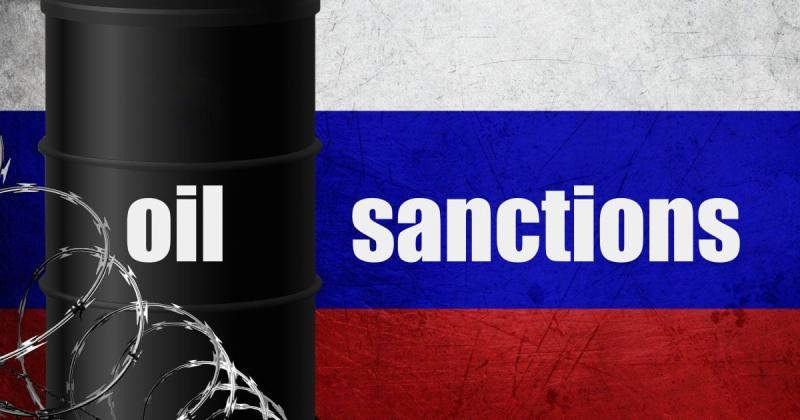A Hungarian oil company wants to gain access to a pipeline from Odessa in order to receive raw materials from global producers.

Hungary will be ready to give up Russian oil if the Odessa-Brody pipeline resumes its work. In this way, the country's largest oil company Mol could receive raw materials that would be delivered by tankers to the Ukrainian port.
Bloomberg reports this.
The Hungarian oil company is considering an oil pipeline from the port city of Odessa to the city of Brody in the Lviv region as the best option for diversifying supplies, Bloomberg writes.
“The Odessa pipeline will provide access to all types of alternative oil via a maritime connection. It will serve to ensure security of supply in the region, the EU and Ukraine,” explained Szabolcs Pal Szabo, Mol’s senior vice president of supply chain management.
The company is not bothered by the fact that Odessa is currently under Russian shelling and that large sections of the Black Sea are mined. Having expelled the Russian Black Sea Fleet and reached an agreement with Western insurers, Ukraine has established a maritime trade route.
According to Szabo, the company wants to gain access to the pipeline to receive seaborne cargo from global producers. The oil will be delivered to Brody, near the Ukrainian-Polish border, where the Ukrainian pipeline connects to the southern branch of the Druzhba pipeline, through which Hungary continues to receive Russian oil for now.
When introducing an embargo on Russian oil, the EU made an exception for Hungary and Slovakia, since these countries do not have access to alternative supplies. But by the end of 2027, the EU intends to completely stop purchasing Russian energy resources.
The Odessa-Brody oil pipeline was built by Ukraine between 1996 and 2002 to supply Caspian and Kazakh oil to refineries in Eastern and Central Europe, as well as to Northern Europe via the port of Gdansk. In the mid-2000s, the pipeline operated in reverse mode, supplying Russian oil from Druzhba to Odessa for further export by sea.
The pipeline is currently not in operation. Mol wants the EU and other interested countries to take part in its revival, which will require significant investment – in particular Serbia, for which, according to Mol, this route will also become an alternative to Russian oil.
A Hungarian oil company spokesman believes that if the EU wants to abandon a reliable supply route (i.e. Russia), “it must play its part in creating a real alternative.”
Mol is now upgrading its facilities to be able to process non-Russian oil, which it estimates will cost about $500 million.
Let us recall that the United States Senate is currently considering a bill that would impose duties of 500% on anyone who buys Russian oil.

